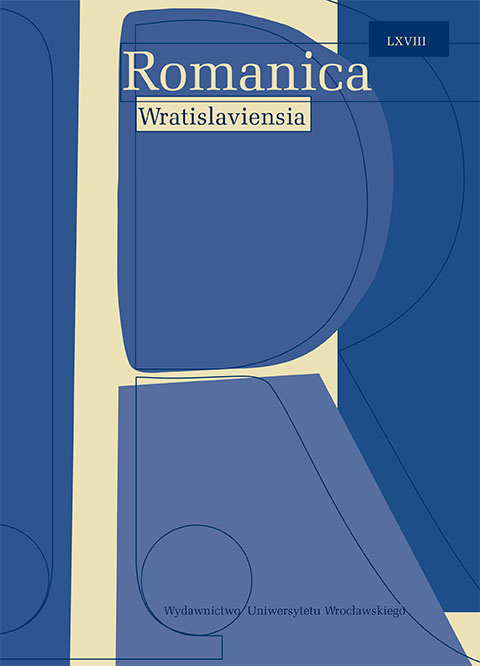

Articles

The German Occupation of France (starting in summer 1940) brought about a brutal reclassification of literary values and a redefinition of “center” and “periphery” in the French Republic of Letters. The outcome of this phenomenon is particularly interesting in North Africa between 1940–1944. Indeed, the periodical Fontaine (edited in Algiers by Max Pol Fouchet), as well as Tunisie française littéraire (edited in Tunis under the aegis of Armand Guibert and Jean Amrouche), express a strong desire to take over a Parisian “center” discredited by the Occupation and the Collaboration, and create new “literary capitals” on the fringes of the metropolis. This paper focuses on Tunisie française littéraire (a very influential publication in North Africa during the war, to which A. Camus and G. Stein contributed), analyses the role of cultural mediation played by literary journals geographically “peripheral” and their members in an attempt to redefine the contours of the “center” (Paris) and the “periphery” (the French colonial Empire) — an initiative where translations, particularly of indigenous authors, proved to be an important issue.